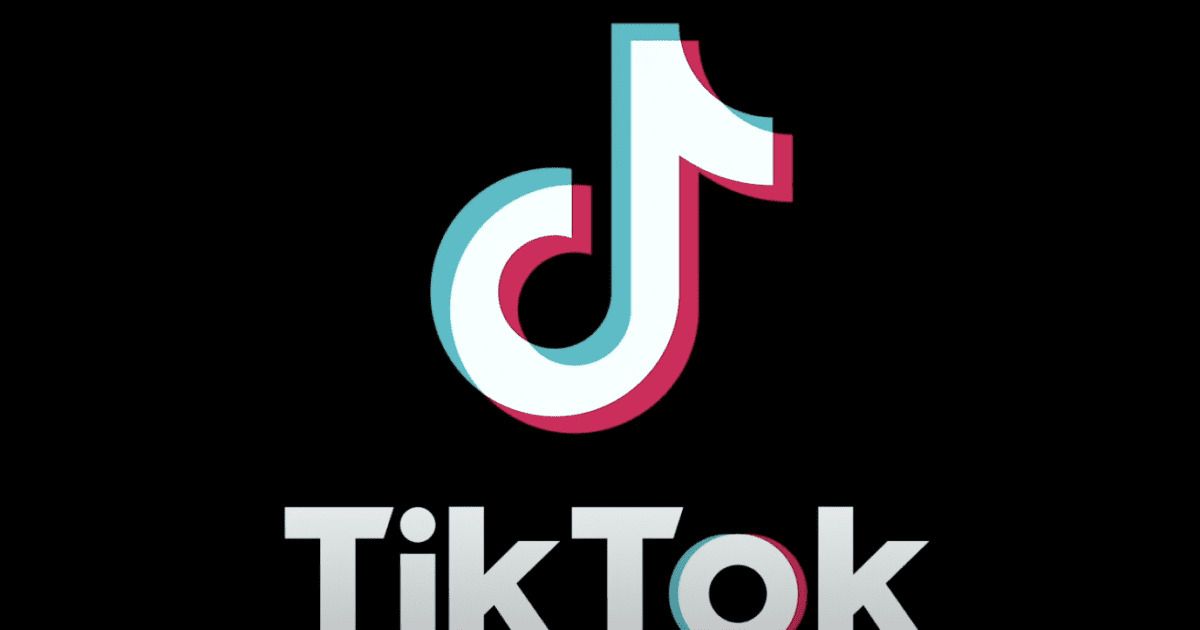This shouldn’t be news, but it has to be said…social media is generally evil—though it has had one positive effect—unseating the traditional, mainstream media.
Despite this, the effects on children are clearly negative; particularly, the effects on teenage girls…
The evidence is clear: children shouldn’t really be using social media or smartphones in general.
Study after study confirms what we all instinctively know and have observed since the rise of social media and smartphone technology.
Big tech doesn’t care about your health the same way big tobacco and alcohol companies do not care about your health—they generally aim to deliver the most addictive and destructive product.
Though I am generally against government regulation of all types, the only thing keeping Phillip Morris from advertising to children is the state. If these folks could, they would—social media companies do not have such regulations in place.
This is mainly because these platforms and the technologies that underpin them are in their nascent form—we still don’t have decades of longitudinal studies the same way we do with tobacco and alcohol.
Nevertheless, our crude understanding is enough to begin to grasp the disastrous effects social media is having on our youth—just look around.
One pediatrician is now speaking out and issuing a dire warning on the effect of one platform in particular on young people—TikTok.
Anthony Luczak claims that the platform is a hotbed of anxiety, depression, and other assorted mental health issues…
While all social media does this, Luczak took issue with TikTok and it isn’t very hard to understand why—the CCP controls the platform.
With such insidious backers, we have to wonder: are the harmful effects of TikTok by design? Is the CCP targeting our nation’s youth in a campaign of psychological warfare?
I certainly think so…Twitter users shared their negative views of the platform:
TikTok truly proves me every single day that there is a huge mental health crisis in this world. Like something is truly wrong with every person participating in this trend.. https://t.co/3zgUk9RE6V
— Jem (@JustJem24) December 10, 2022
Licensed doctors analyzed 500 TikTok videos for a study related to ADHD, trauma, depression, bipolar disorder, and more; 83.7% were misleading and almost half were inaccurate. https://t.co/D3JsjMRDf8
— PCMag (@PCMag) December 9, 2022
Luczak’s warning came via The Epoch Times:
He said he’s aware that the United States views the Chinese Communist Party (CCP) as “a foreign adversary intent on overtaking the U.S. as the global superpower.”
After observing the relationship between children’s diverse mental health conditions and the content that was directly involved in harming many of his young patients, he has concluded that “TikTok behaves exactly like a psychological warfare tool intent on undermining the immediate and long-term psychological health of an enemy population.”
While spending all your time on any social media platform can’t be good for your health, TikTok in America is specifically programmed to hook its users, with documented mental health problems plaguing teenage girls. https://t.co/vCJC9pjIzv
(4/xx)
— Matthew Foldi (@MatthewFoldi) December 12, 2022
Man I was just on TikTok and the amount of trauma that’s being shared/pushed on that app is crazy. Make sure y’all are getting that energy off of you before you go to bed because it can be heavy. If you’re struggling with your mental health I suggest deleting the app altogether.
— Sunnie P aka Sunflower Mami (@ItsSunnieP) December 10, 2022
One study featured on the NIH National Library of Medicine found:
The literature shows that social pressure promotes non-suicidal self-injury (NSSI) Eating disorders, along with self-injury, are also favored by underregulated social media.
Tik Tok is one of the most used social media platforms among adolescents. It has been shown that the time young children spend on this platform doubled during the lockdown.
The theme of anorexia is very common on this platform. While most “pro-ana” (pro-anorexia) videos, where users exchanged advice on how to pathologically lose weight, have been censored by the application, other “anti-pro-ana” (anti-pro-anorexia) videos, officially aimed at raising awareness of the consequences of anorexia, have become increasingly popular.
However, our case shows how even these safer videos paradoxically lead the users to emulate these “guilty” behaviors.



Join the conversation!
Please share your thoughts about this article below. We value your opinions, and would love to see you add to the discussion!